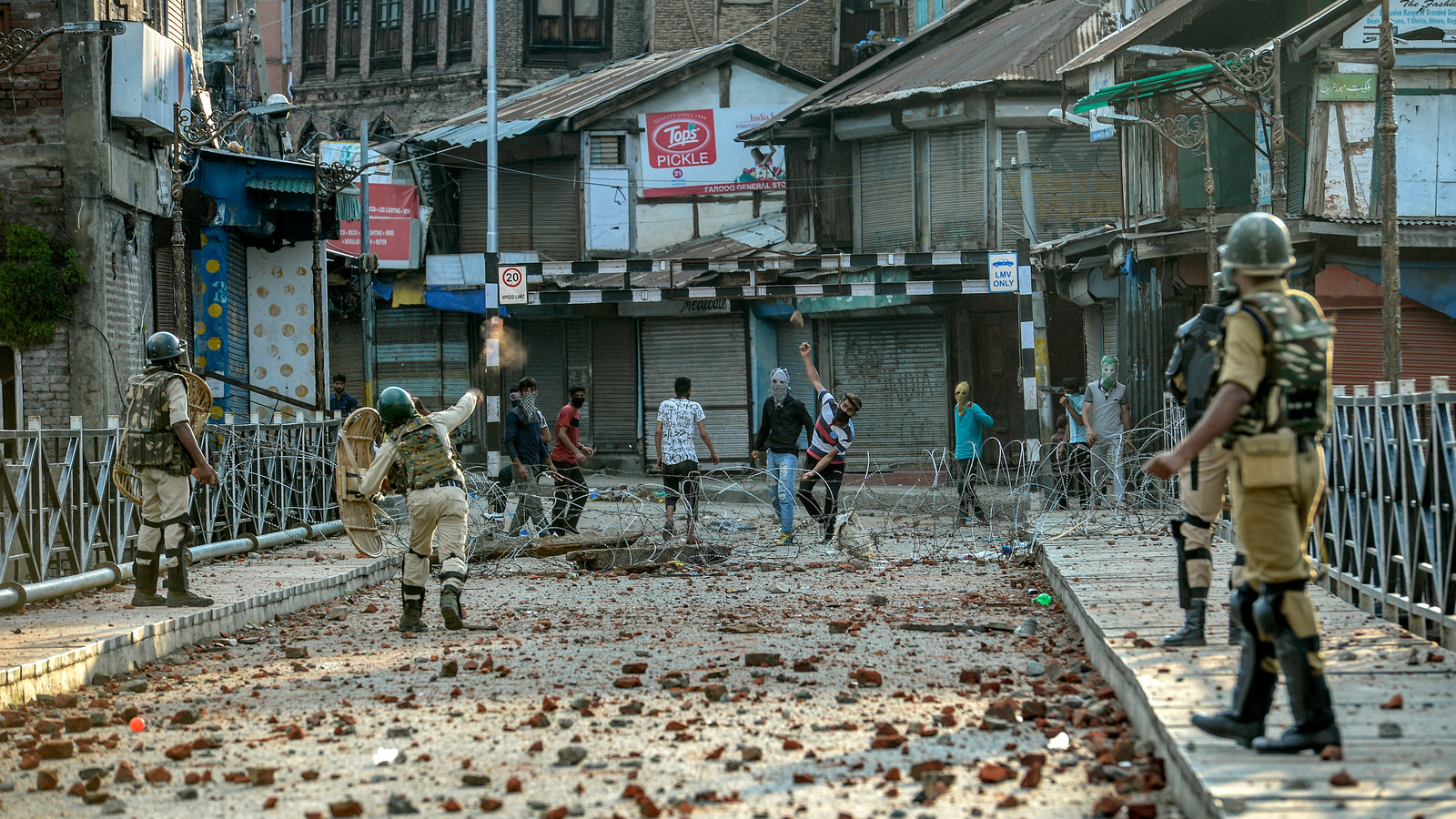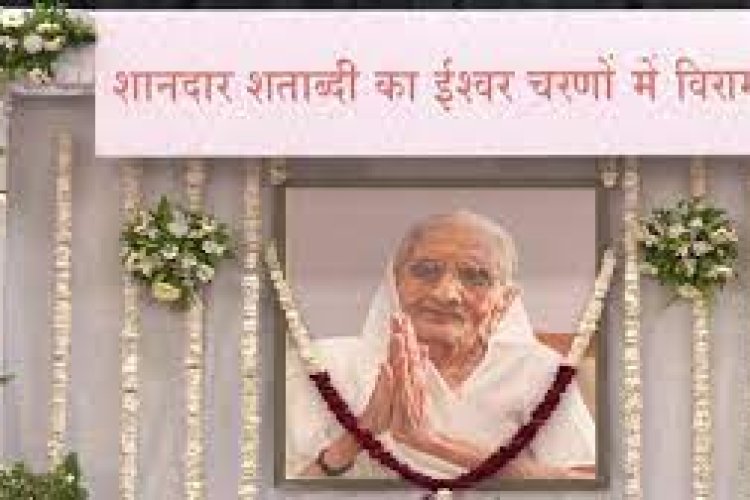Karnataka HC to decide upon ‘essential religious’ rights of Muslims
Hijab verdict would be far-reaching consequences to decide upon ‘essential religious rights’ of the Muslims. So far no concrete decisions from the court on whether the government can ban the wearing of headscarf or hijabs in the classrooms or not.

B. ARAVINDA SHETTY
Bengaluru: Udupi, a small town in Coastal Karnataka has drawn the attention of the world in February 2022 after few a Muslim students protested over the College Management Committee’s (CDC) decision of restricting them to enter the classrooms wearing headscarf or hijab.
A small issue that would have been resolved at the college level blow out of proportion and become international news.
Hijab controversy also dented the Country's image at the international level. Global media has portrayed that India denies education rights to Muslim girls in the Country.
Muslim girls students staged protests across the country for hurting their ‘religious sentiments. Demanded the government to allow them to wear headscarf in the classrooms, Muslim girls stated that wearing headscarves is their ‘modesty’ and essential religious rights guaranteed in the Indian constitution.
The religious attire of Muslim students and its ban in educational institutions in Karnataka erupted nationwide protests and become a political issue. In just concluded five states elections, the Hijab issue was also raised during elections campaign in Uttar Pradesh, BJP has tried to polarize Hindu votes by raising the hijab issue.
Muslim girls students aired their anger against the authorities and firmly said that without hijab they will not attend the classrooms. After government-issued order on February 5, 2022 , the hijab row gets ugly turn. Peaceful protests turned into violence. Saffron clads entered the campus.
Over 50 lakhs of saffron shawls have been supplied to the Hindu students overnight to resort to counter-protest against the Muslim girls. Rare incidents had occurred in a few districts of Karnataka, both Hindu and Muslim girls students have confronted in the college campus. In Mandy Muslim girl Bibi Muskan Khan was shouted ‘Allah-Hu-Akbar’, her hand raised in the air in response to a group of men heckling her with saffron scarves and chants of ‘Jai Sri Ram’ at her college in Mandya
She became a symbol of Muslim resistance to the saffron scarf protest against the hijab in Karnataka’s educational institutions and support had poured into her for representing Muslim girls students.
The ruling BJP has openly opposed wearing hijabs in the classrooms. Even a few ministers in the Bommai cabinet openly stated that those who wears hijabs in the classrooms can go to Pakistan, further they said that Karnataka will not be allowed to become Taliban.
BJP’s leaders' open call and the government’s open support has promoted pro Hindu organizations entered the college premises.
On the other hand opposition, Congress has left the issue to the Court. Considering the gravity and sensitivity in the matter, Congress has decided to keep mum on the issue till the court verdict out in the matter.

The Hijab row: It was first started in Government pre-university college in Udupi, where six students have registered protests against College management for not allowing them to enter the classroom wearing hijabs. The entry of BJP MLA, Raghupathi Bhat who apparently Chairman of CDC gets political colour into the matter. On the other hand Social Democratic Party of India (SDPI), a Muslim political outfit also entered the scene to counter BJP’s ‘agenda’. SDPI has pledged its support to Muslim girls and joined in the protest.
Hijab-wearing Muslim girls have been barred from attending colleges across the state. The protest was escalated across the state. Police have a hard time protecting the law and order situation in the state.
Court’s intervention: Meanwhile batch of petitions filed in the Karnataka High Court challenging the government order banning the wearing of hijabs in educational institutions.
The Chief Justice headed three-judge bench reserved the verdict after a marathon hearing of 11 days of all the parties. Ten main petitions and 25 interlocutory applications were heard over the issue.
The Bench has passed an interim order on February 11 restraining all the students regardless of their religion or faith from wearing scarfs, hijab, saffron shawls, or religious flags within the classrooms.
The three-judge bench headed by Chief Justice Ritu Raj Awasthi has further observed that the interim order is confined to the institutions where the college development committees have prescribed the student dress code or uniform.
The bench has requested the state government and all stakeholders to reopen the educational institutions and allow the students to return to the classes at the earliest. The state government has ordered to close the high schools and colleges for three days after hijab row gets widespread protest in colleges across the state.
The bench further observed that “Ours being a civilized society, no person in the name of religion, culture or the like can be permitted to do any act that disturbs public peace and tranquillity”.
How verdict impacts: Hijab verdict would be far-reaching consequences to decide upon ‘essential religious rights’ of the Muslims. So far no concrete decisions from the court on whether to wear or not headscarf in the colleges.
Since the constitutional matter is involved in the petitions, the interpretation of the court on fundamental rights of the constitution would help to avoid such kind of controversies in the future and verdict will help whether the government has the right to interfere in the essential rights of the citizens in the name of imposing public order.
The verdict of the Karnataka High Court will set the benchmark for the future and it would help to avoid religious and emotional confrontations in future. Judgement of the three-judge bench of the will become citation for similar kind of cases in future.

















